Edward Mote (1797–1874) was an English Baptist pastor and hymn writer. This month marks the 225th anniversary of his birth.
He was born Jan. 21, 1797, in London, to pub owners. They left him on his own to play in the street while they worked. He had no religious training. Mote later said, “So ignorant was I that I did not know there was a God.”
At a young age, he became a cabinet maker’s apprentice. During his apprenticeship, he visited several churches. When he was 16 years old, he heard about Jesus from John Hyatt, a prominent preacher. He later accepted Christ when he heard a sermon about the precious blood of Jesus shed for him. He was baptized in 1815.
He moved to Southwark in South London where he was a cabinet maker for 37 years.
‘The Solid Rock’
Mote wrote more than 100 hymns. His most famous, written in 1832, was “The Solid Rock.”
He wrote the chorus first: “On Christ the solid Rock I stand / All other ground is sinking sand.”
After writing the first four verses, a friend asked him to come visit his very ill wife. During the visit, the friend said it was their custom to sing a hymn before going to church. Mote took out his verses and sang them. The wife enjoyed the hymn so much that Mote went home and wrote the last two verses and returned to see the woman. After witnessing the dying woman’s love of the hymn, he had a thousand copies printed. In 1836, all his hymns were published in “Hymns of Praise.” William Bradbury, a fellow Baptist, composed the tune in 1863.
In his early 50s, Mote became a pastor of Rehoboth Baptist Church at Horsham in West Sussex. His congregation loved him, and under his ministry, many people were converted. His members offered him the church building as a gift. He replied, “I do not want the chapel. I only want the pulpit; and when I cease to preach Christ, then turn me out of it.”
He never missed a Sunday for 26 years.
In 1873, his health declined and he was unable to preach. The next summer, his health worsened. He said, “I think I am going to heaven. … Nearing port.” The day before his death, he spoke about the “precious blood, the precious blood which takes away all our sins.”
On Nov. 13, 1874, he died and was buried in the little cemetery behind the Rehoboth chapel.

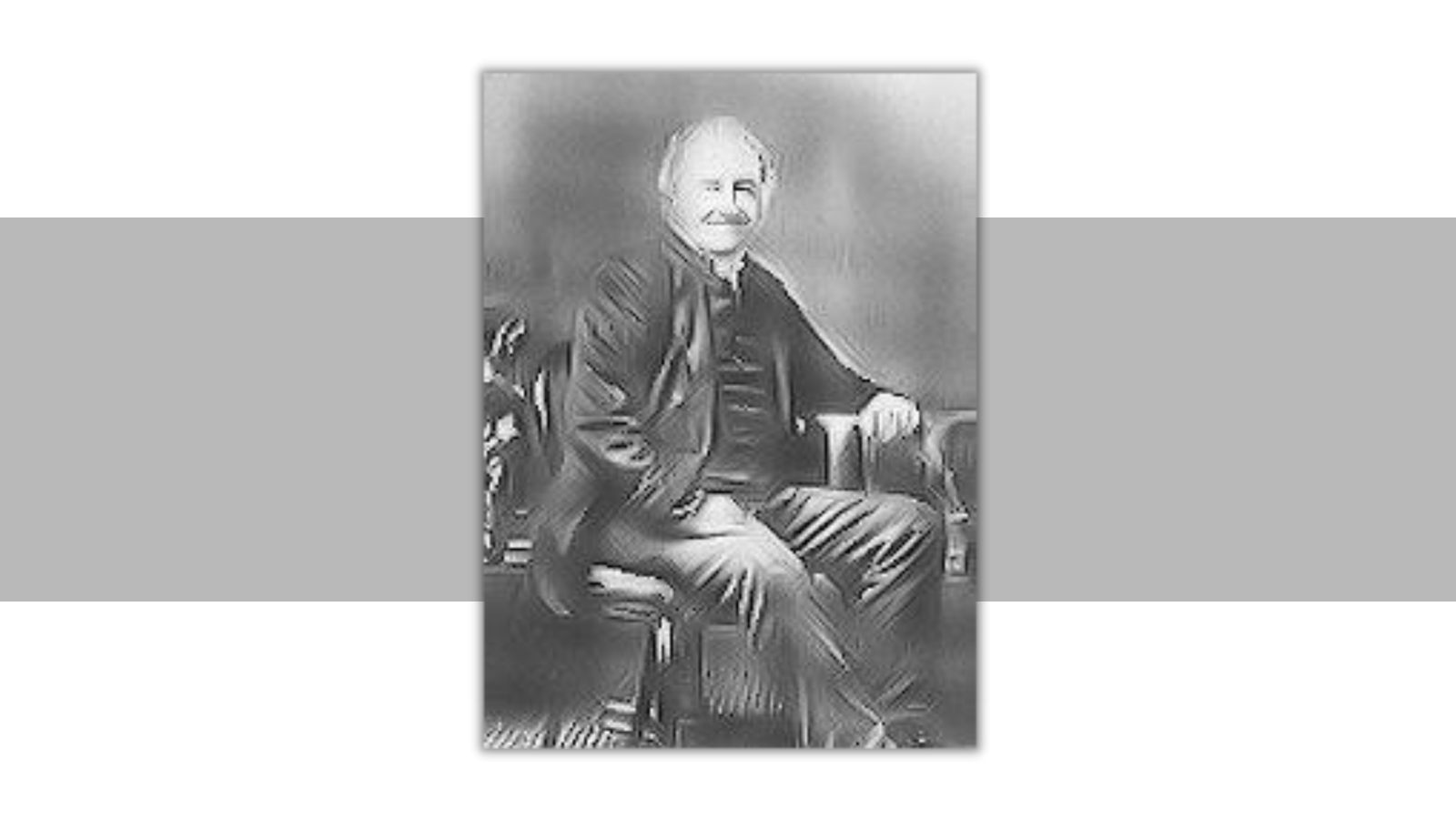
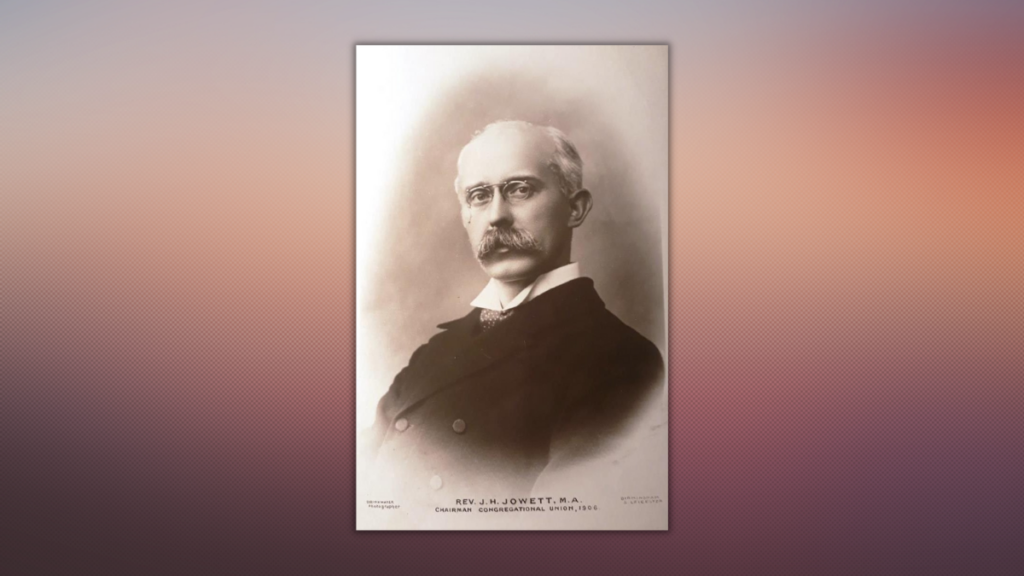
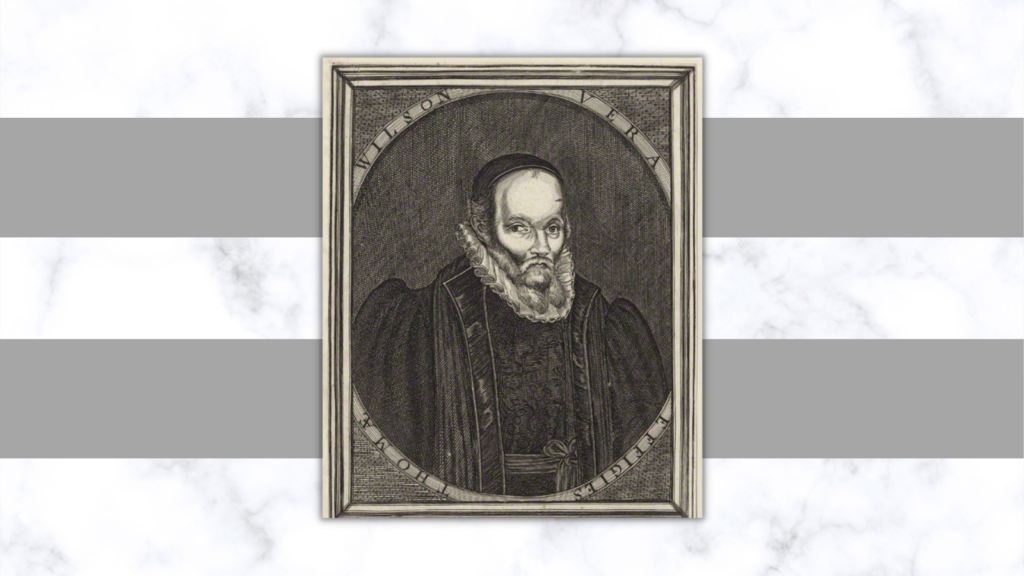
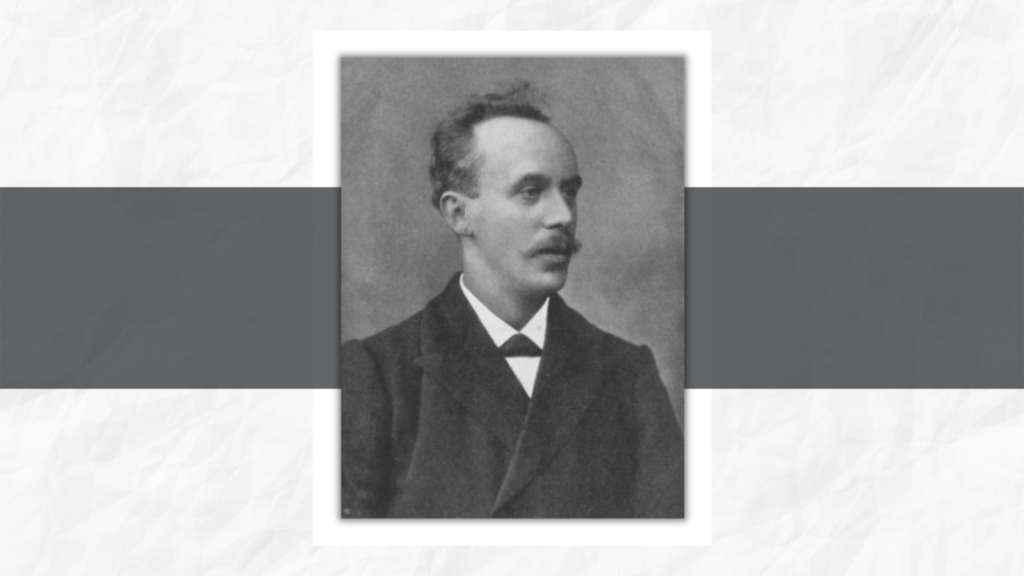
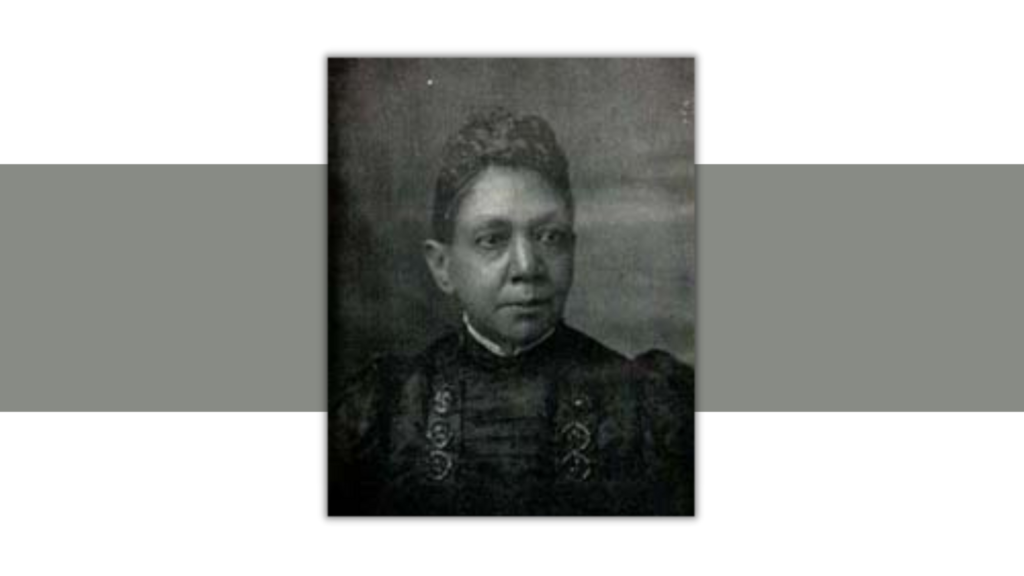
Share with others: